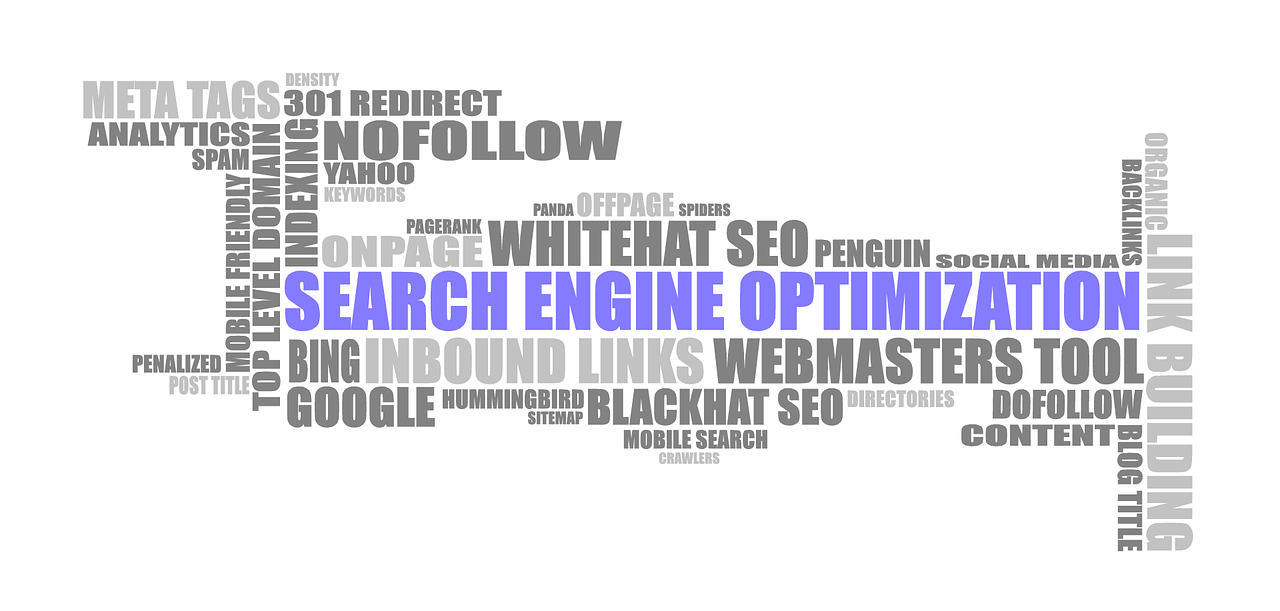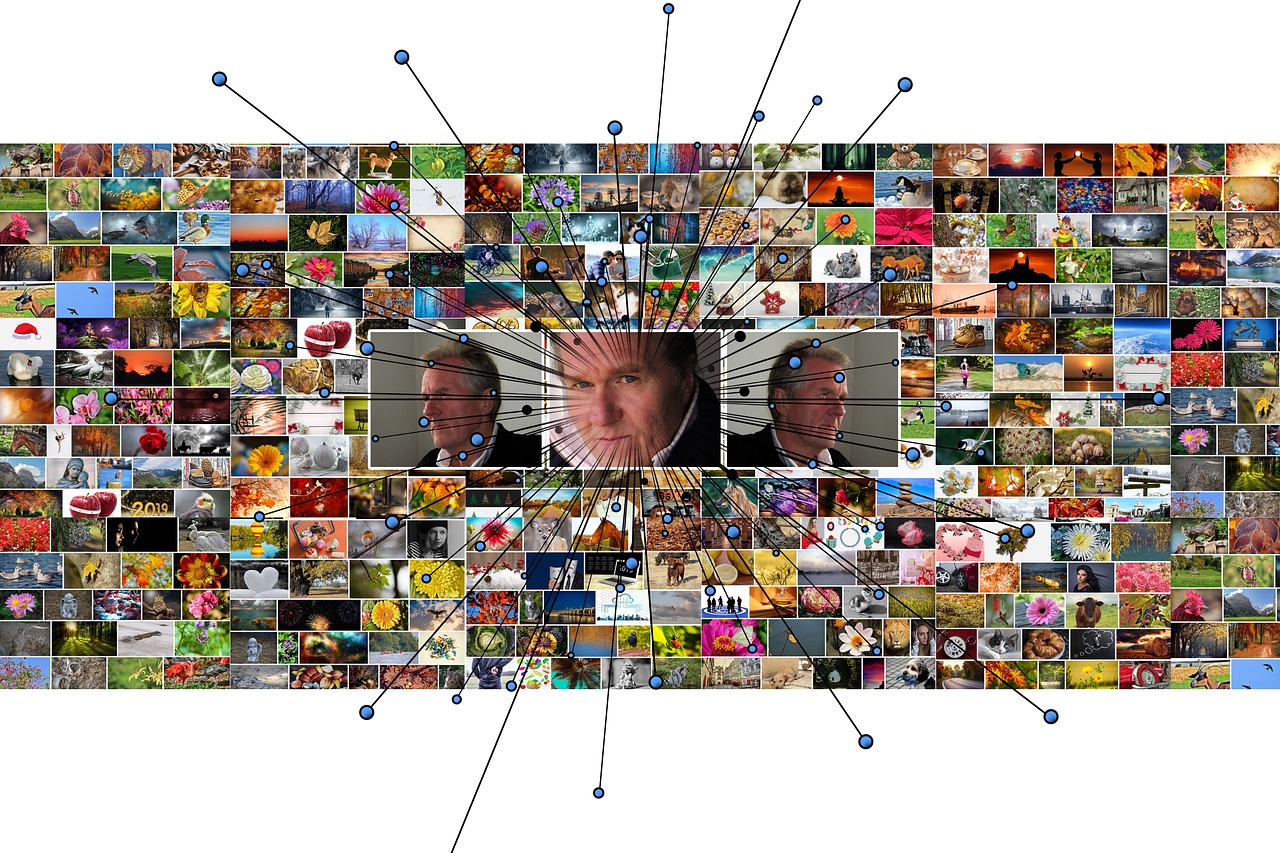The impact of artificial intelligence on seo
|
IN BRIEF
|
Artificial intelligence (AI) is fundamentally transforming the landscape of search engine optimization (SEO) by enhancing how content is created, optimized, and ranked. As search engines become increasingly sophisticated, the integration of AI-driven algorithms allows for more accurate predictions of user intent and improved personalization in search results. This shift not only streamlines digital marketing strategies but also reshapes how businesses approach their online presence. Embracing AI technologies equips organizations with the tools necessary to navigate the evolving challenges of the digital market, ensuring they remain competitive in a rapidly changing environment.
The Future of SEO Driven by Artificial Intelligence
The integration of artificial intelligence (AI) in the realm of search engine optimization (SEO) is paving the way for a new era of digital marketing strategies. As search engines become more intelligent, they are increasingly able to understand user intent and deliver personalized results that enhance user experience. This shift means that businesses must adapt their SEO practices to align with AI advancements, ensuring that their content remains visible and relevant in a crowded digital landscape.
For instance, AI-powered search algorithms can analyze vast amounts of data to predict trends and consumer behavior, allowing marketers to tailor their content accordingly. Companies are leveraging AI technologies to create high-quality content at scale, optimize keyword usage, and improve search visibility. By focusing on data-driven insights and utilizing tools that employ machine learning, businesses can streamline their SEO strategies and follow the evolving landscape that AI presents. As the future of SEO unfolds, staying attuned to these developments will be crucial for success.

Artificial intelligence (AI) is fundamentally altering the SEO landscape by enhancing how search engines index and rank content. With advanced AI-powered search algorithms, search engines are increasingly capable of understanding user intent and context better than ever before. A recent study found that over 60% of searches are now conducted on mobile devices, highlighting the necessity for businesses to optimize for mobile-first SEO strategies. As AI continues to evolve, it is predicted that the reliance on machine learning algorithms will further streamline content creation, allowing marketers to produce high-quality content at scale. For instance, companies utilizing AI tools have reported up to a 50% increase in traffic due to optimized content tailored to meet user needs.
Moreover, the integration of AI in SEO practices allows for personalization on an unprecedented scale. Businesses that leverage this technology can analyze large sets of user behavior data, adjusting their strategies to increase conversion rates. While there are numerous advantages, it is essential to discuss the ethical considerations that accompany AI’s usage in digital marketing. Transparency in AI practices and adherence to privacy regulations should remain a priority as businesses aim to maximize the potential of these intelligent systems.

How AI is Shaping the Future of SEO
The Role of AI in Search Optimization
The integration of artificial intelligence in search engine optimization is paving the way for businesses to adapt and thrive in a dynamic digital landscape. As search engines become increasingly adept at understanding user intent, companies will need to evolve their strategies to meet these advancements. One key practical application of AI is in the enhancement of search algorithms, which significantly improves the accuracy of search results.
For instance, through predictive analytics, AI can anticipate search patterns and optimize keyword strategies, leading to improved search visibility and user engagement. Businesses can leverage AI-driven tools to analyze large datasets and derive insights that inform their SEO tactics.
- Content Creation at Scale: Utilize AI to generate quality content, ensuring relevance and engagement.
- User Experience Optimization: AI can help personalize the user journey based on behavior analysis, improving retention rates.
- Real-time SEO Adjustments: Implement AI solutions that continuously refine SEO strategies based on current trends and algorithm changes.
- Advanced Link Building: Use AI to identify high-quality link-building opportunities that enhance authority.
Understanding these AI-driven transformations can empower businesses to adopt more effective SEO practices. By focusing on the utilization of AI technologies, organizations can not only keep pace with the changes but also capitalize on the evolving nature of search engines.
The Transformative Impact of AI on SEO
As we look toward the future, artificial intelligence is set to revolutionize the landscape of search engine optimization. The integration of AI-powered search algorithms is not just a trend; it’s becoming a crucial component for businesses aiming to enhance their search visibility. This transition requires a comprehensive understanding of how AI tools can be utilized effectively to adapt to the rapidly changing digital environment.
The benefits of AI in SEO practices are profound. Not only does it streamline content creation, enabling companies to produce material at scale, but it also enhances personalization, improving user experience by aligning content with user intent. As search engines become more sophisticated, they are increasingly capable of anticipating what users seek, which underscores the necessity for businesses to evolve their strategies accordingly. For instance, businesses can explore the guidance provided in this insightful LinkedIn article regarding the advancements AI brings to SEO.
Moreover, adapting one’s SEO approach in light of AI advancements means acknowledging the ethical considerations involved and responsibly utilizing AI technicalities. As highlighted in another feature by Forbes, understanding the nuances of machine learning in optimizing search results is paramount for staying competitive. Businesses that embrace these technological changes not only bolster their rank in search results but also gain valuable insights into user behavior.
In embracing AI, companies can peruse the myriad of strategies to improve their SEO efforts. The nuances of crafting SEO-friendly headlines can be explored further in this useful guide, emphasizing the impact of keywords. Additionally, understanding the vital relationship between SEO and user intent is crucial, as seen in this resource.
The rising significance of mobile search also cannot be overlooked. Adapting to mobile-oriented algorithms, along with the intricate SEO tactics required, is evident in the analysis provided by Search Engine Land. Furthermore, resources that delve into video SEO and its strategies offer critical insights for brands looking to innovate. For additional reading, check out this practical article.
In conclusion, the sector of digital marketing is on the brink of major transformation due to AI technologies. Those who proactively adapt their SEO strategies will position themselves favorably, leveraging AI to create a more effective and engaging online presence.

The Future of SEO with Artificial Intelligence
The integration of artificial intelligence in SEO practices is set to change the digital marketing landscape profoundly. As search engines continue to evolve, they are increasingly utilizing AI-powered algorithms to better understand user intent. This shift signifies that businesses must adapt their SEO strategies to remain competitive and visible.
Among the key benefits of AI in SEO is its ability to analyze vast amounts of data efficiently, allowing for better keyword optimization and personalized user experiences. Tools powered by AI can assist businesses in creating content at scale, ensuring that the material produced not only ranks well but also resonates with the target audience.
Additionally, the move towards mobile-first searching emphasizes the necessity for SEO strategies that are agile and responsive. Organizations must embrace AI technologies to harness this potential, ensuring they remain at the forefront of digital marketing. As AI continues to shape the future of search engine optimization, it brings both opportunities and challenges that businesses will need to navigate effectively.














Post Comment